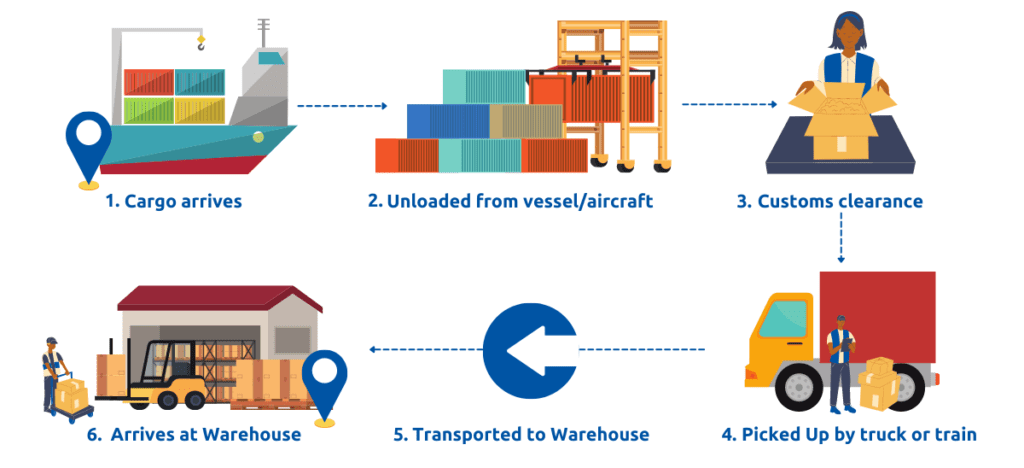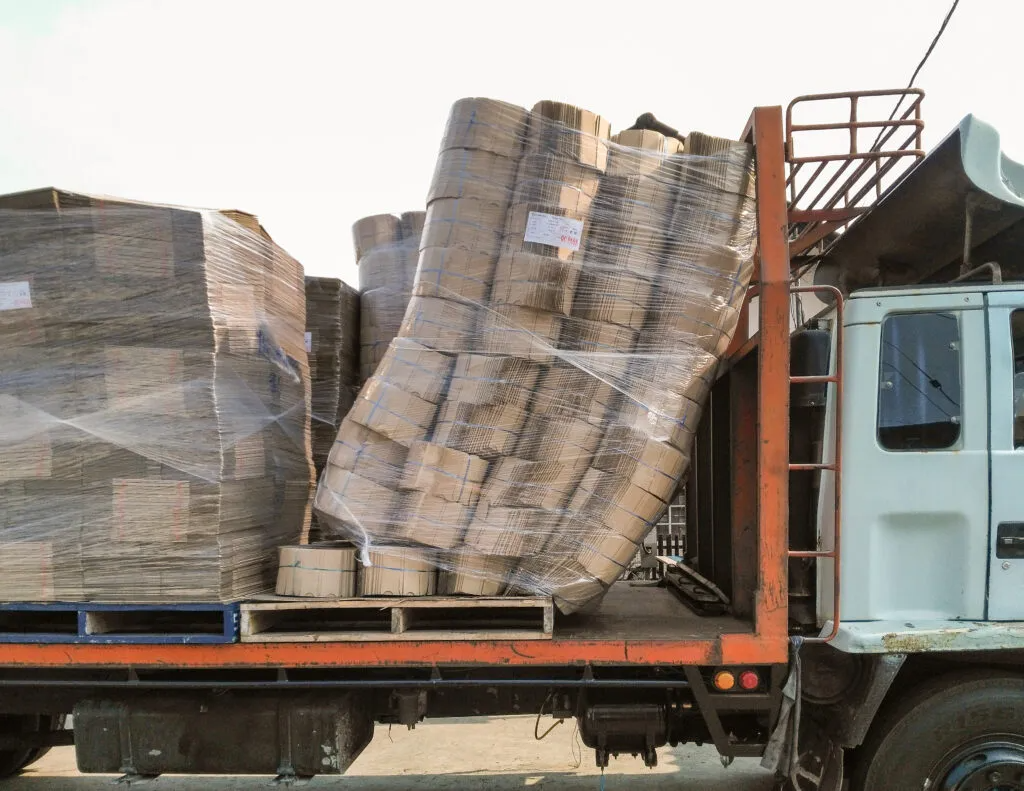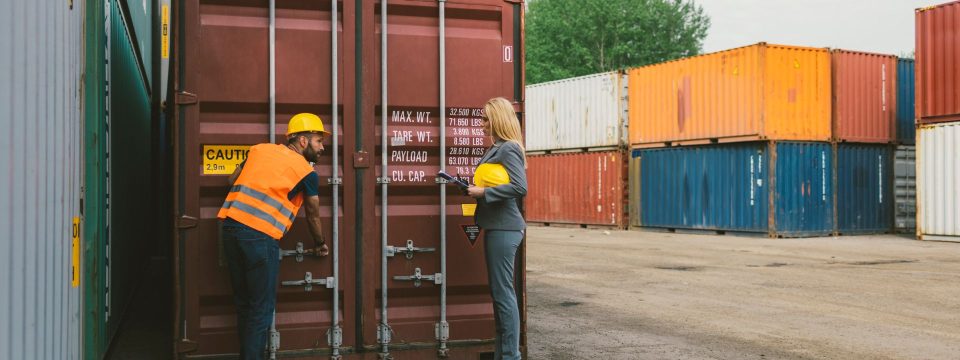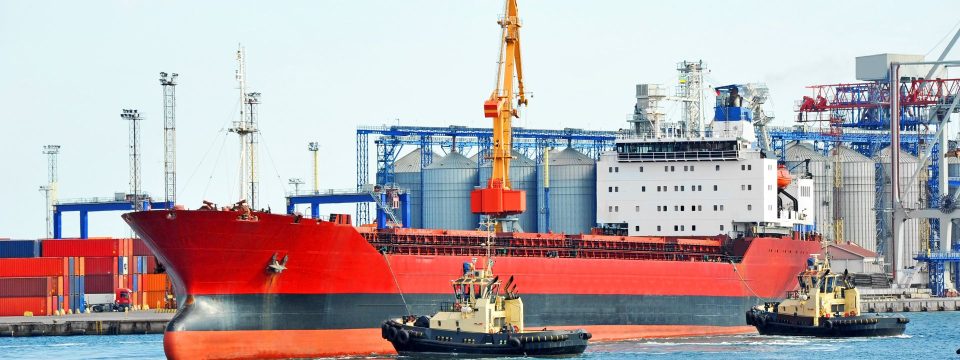The 7 Most Common Mistakes Made by Importers (And How To Avoid Them)
October 28, 2022 Beginners Guides

Running a business involving international trade can be challenging and there are many hoops to jump through. If you manage to identify these hoops early on, it’ll make running your business much easier. Below we’ve put together a list of the 7 most common mistakes by importers we’ve seen. They’re quite simple and easily preventable, so read on and stay on top of the right and wrong practices.
Mistake #1: Not Understanding Shipping Terms
Incoterms are laws that regulate the whole of the shipping industry. They’re always used in contracts for international trade.
Failure to understand Incoterms is a major issue for first-time importers and even regular shippers. If you don’t know what they are, you’ll risk getting underpaid, getting hit with an unexpected bill, paying someone too much, or perhaps even getting sued.
Case in point: we’ve seen importers order on “CFR” terms (see our beginner’s guide on Incoterms to find out what that means) and get hit with high and unpredictable bills at the port on arrival. Importers have also ordered goods on “EXW” terms not realising they have to pay for everything end to end!
Mistake #2: Forgetting to book in advance
In shipping peak season, you should really book at least four weeks in advance to secure your sea freight shipment.
During this period, shipping lines will be fighting much demand. They will take more bookings than they can carry and roll some of the containers to the following week to maximise their returns.
As such, we see importers making the mistake of not booking in advance. If you’ve got an urgent shipment, preparation is key.
Mistake #3: Not preparing paperwork
It’s boring but could mean the difference between making money and losing money.
Paperwork must accompany every consignment that comes into Australia.
This includes a whole range of documents like Commercial Invoices, a Packing declaration (i.e. a letter telling customs the kind of packing material used in your goods – generally only required for sea freight shipments) and, if working with a free-trade country (see the next Mistake), a Certificate of Origin (i.e. a document certifying the place of your goods are made).
Get your paperwork sorted before shipping your goods to minimise delays or extra nasty charges should your cargo go into storage on arrival
Mistake #4: Forgetting about Free Trade Agreements
Australia benefits from a range of free trade agreements (FTA) with other countries. This means there are benefits when trading with those countries you can take advantage of, such as the elimination of import duty or GST on certain goods. There are also rules you must follow.
Case in point: Some clients import their goods and then forget to produce a Certificate of Origin before the goods arrive, which means they can’t ripple these FTA benefits. The result? They miss out on significant tax savings. The good news is that they can still get a duty refund but now they will need to hire (and pay extra) for a broker to arrange this for them.
To save time and money, always check out any free trade agreements before shipping and prepare all the paperwork in advance.
Some of the countries that Australia has a Free Trade Agreement with are:
- China
- USA
- India
- Hong Kong
- Indonesia
- Japan
- Korea
- Malaysia
- Singapore
- Thailand
- New Zealand
- Peru
- Chile
- United Kingdom and Northern Ireland
A complete list can be found here: https://www.dfat.gov.au/trade/agreements/trade-agreements
Mistake #5: Not allowing enough time upon arrival
There are two steps when your goods come into the country.
There’s handling by the airline/container line. Then there’s the review by customs. Both of these steps affect the time before your cargo becomes available for a forwarder to collect. You can learn all you need to know about this process in our Port to Warehouse Process Blog.

Notice how your documents might say an ETA (Estimated Time of Arrival) date and time? That’s ETA to the point of destination. The destination is the airport or port of arrival, not your warehouse door.
You should allow at least 2 days for full container deliveries, 3-6 days for loose container deliveries, and 1 day for airfreight deliveries after ETA. This is all subject to a clear customs status and if no inspections are required.
Mistake #6: Forgetting about customs charges
When importing into Australia your forwarder will normally provide you with a rate excluding duties and GST. This means that you need to account for additional charges on arrival levied by customs. These are based on the value of your goods, your commodity and the country of origin. You can use the below as a rough guide to calculate your additional charges:
- Duty 5 % of the FOB (Free on Board) Value
- GST 10% of the CIF (Cost and Freight) plus Duty value
- IDPF (Import processing declaration fee levied by customs) AUD85.00 up to AUD 200.00 based on the FOB value

Mistake #7: Going silent on the forwarder
When goods arrive in Australia, as an importer you are given a certain amount of “Free Time” to collect your goods from the wharf or airline and return empty containers back to the shipping line. The free time at the port is usually 3 days from availability whereas at the airline the time can be much shorter. Your agent, however, will be unable to collect your cargo unless duties and GSTs have been paid and all paperwork properly presented. It is, therefore, imperative that you communicate with your shipping agent throughout the course of the shipment to ensure goods can be properly cleared and payment settled on arrival.
Small businesses sometimes suffer when a staff member takes leave and no one covers the shipping process. Going silent on your forwarder can have a detrimental impact on additional costs for you if the cargo cannot be collected. So stay involved in the shipping process and be prepared to react when your goods arrive.
Bonus Mistake: Failing to Insure Goods
We’ve seen clients who import goods and make the decision not to insure them. Making this decision can be extremely risky. These risks go beyond the obvious externalities such as fires and natural disasters. Other mishaps can involve improper handling of your cargo, poorly designed packaging that gets damaged when exposed to the rigours of shipping, theft during transportation, containers lost overboard, and the list goes on. In addition to this, we have seen a steady rise in the number of maritime incidents, to see a full breakdown check out our blog on the matter.

Another misconception is that freight forwarders already have the insurance covered. They don’t. Freight forwarders and carriers are largely limited in their insurance liability.
Talk to your freight forwarder or an insurance broker to know about the risks that your cargo can be subject to. Most often, protecting your cargo and guaranteeing your peace of mind is worth the extra cost, particularly if you are moving high-value cargo.
At last but not least, make sure that in your agreement between the shipper and the consignee it is clearly stated who is responsible for the insurance.
Lastly, Get Assistance
These common mistakes by importers are just the tip of the iceberg. All shipments are different and import and export processes are constantly changing. In order to safeguard your cargo and save yourself from unnecessary stress, always seek professional help from an experienced freight forwarder.
Should you have any queries about importing goods from overseas, please contact one of our shipping experts for a tailored consultation.
Request A Quoteor call us on 1300 227 461

We Consult. We Plan. We Deliver.
- CONSULT – We discuss your specific needs.
- PLAN – We develop a bespoke tailored plan that is cost-effective & efficient.
- DELIVER – We manage your shipment and keep you updated from beginning to end.


